NURS-1001: Week 12: Nursing in a global context
NURS-1001: Week 12: Nursing in a global context
- Nursing panel: Nursing in remote communities
- Peeling back the onion: nursing in a global context
- Global health:
- We are all engaged in it.
- The Impact of other countries also impacts us.
- All of those things that impact us individually and collectively.
- Global nursing:
- Global lens
- What's occurring in one space may have an impact in another.
- Work together to learn with and from one another.
- Lots of ways we can work together with newer technology in nursing
- Intersectionality:
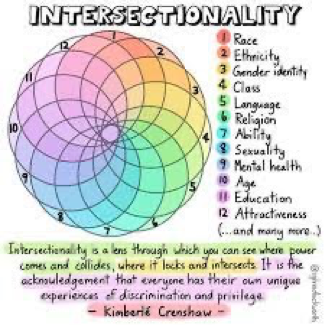
- Theoretical perspective
- Influence of different social characteristics (race, ethnicity, gender, class and SES) & the impact on a phenomena such as health
- Prompts us to understand that social determinants of health cannot be reduced to one single determinant, there are many interconnections
- Kimberly Crenshaw (author of some book)
- How each has a role to play in a person's health
- Everything has a connection
- First nations communities will have grandfather teachings
- Knowing your community and navigating the western knowings and beings.
- Consider theory in your practice
- Social determinants can not be reduced to one determinant when everything is connected.
- Post Colonialism:
- Our healthcare system, practices, policies are all shaped from a colonial and neocolonial lens
- Post-colonialist approaches ask us to consider how colonial relations and unequal power attributed to those perpetuate inequities
- Western Knowledge as superior as one example
- Decolonizing the curriculum
- Term that's used when we have come through colonialism. Kim- “but we haven't really come through”.
- Residential care through intergenerational. Kim- “am I perpetuating trauma?”
- Example: modular homes on wolf street, there's no mechanism for healthcare of those residents so, nurses and NPs have been dedicating their time to help. There's power structures that won't allow the help to be moved around.
- Political economy:
- Intersecting mechanisms, political ideologies, & systems of power that structure public policy when it comes to distributing resources, wealth, power, & in turn shape healthcare (Bryant et. al, 2019, P&P p, 137)
- Relates to nursing because: people who hold the wealth really determine the outcome of health for individuals.
- Clinics charging members are being profited.
- Alberta has passed legislation that NPs can bill OHIP for services being provided.
- Who's making the decisions, why are they doing it, who benefits from it?
- Globalization transnationalism & health:
- The many ways that Nations, businesses & people become and remain connected
- Movement of people around the globe
- The movement of political knowledge and activity
- Downsides:
- hear a lot of things more quickly than before, causing speculation.
- Do more damage than we did before.
- Spreading illnesses, ex-pandemic
- Climitary health
- Environmental damage
- Wildfires, flooding
- Know the mpacts on our practice and what that might look like
- Global nursing:
- Overview of the global nursing workforce:
- Shortages exist everywhere
- Commonalities in nursing issues – practice, research, education, leadership
- Innovation exists everywhere – HI (high income) countries have much to learn from peers, particularly LMIC
- Technology has given us the ability to connect & collaborate in ways not possible previously
- A lot of the issues are the same.\
- Pikangikum - northern ontario.
- Issues are the same but fundings are different in communities.
- Message about how geography doesn't define global health.
- Virtual critical care: allows a way to tap into a larger center example-computer screen on wheels with a camera on top, someone is basically in the room with you helping out with a patient.
- Nursing workforce dynamics drivers for change:
- Ageing population
- Increasing life expectancy
- Lifestyle changes
- Negative and positive
- Negative: vaping instead of smoking
- Technology changes
- Increased prevalence of chronic disease
- People are living longer with chronic disease than they did before
- More treatment
- More support
- Co-morbidities
- People are living longer with chronic disease than they did before
- ** Climate Change/planetary health
- The masks that are being discarded
- The number of things that are being thrown out in hospitals
- ** The effects of political unrest & War
- The doctors in Gaza, Sudan, are trying to care for victims
- We are being let known what's happening and they need our help and need us to share information.
- Supporting colleagues who are elsewhere, advocating
- ICN statement:
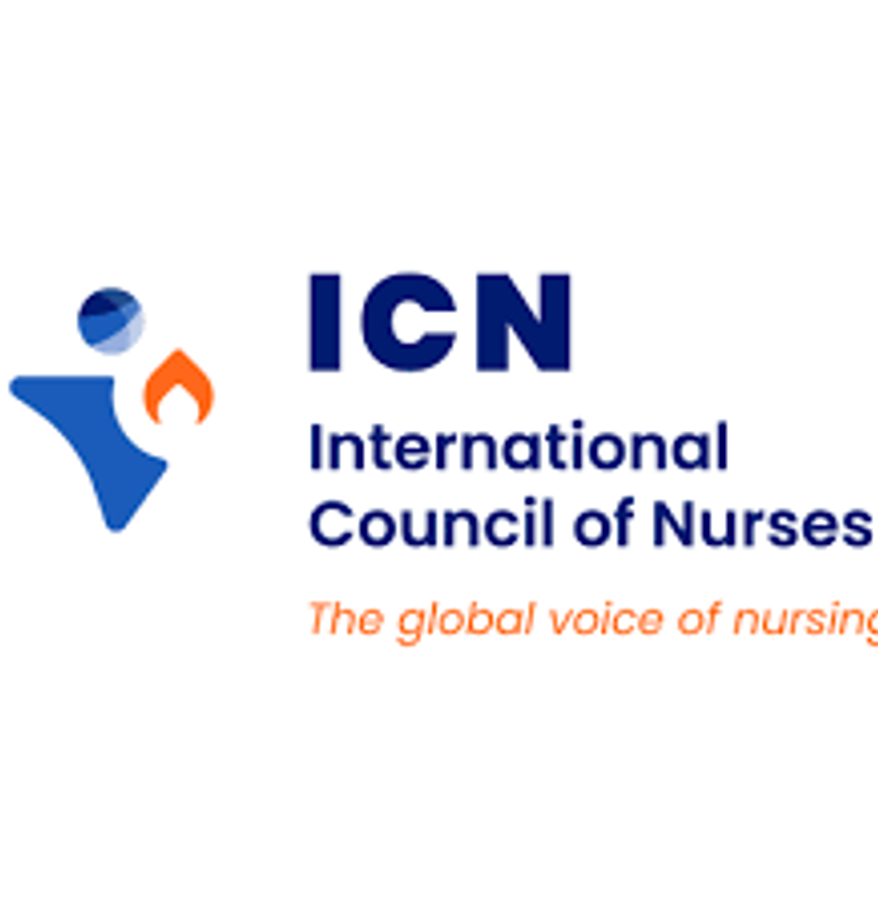
- Achieving global health objectives requires collaborative input from all stakeholders and, as the largest group of health care professionals, the importance of the involvement of the nursing profession at a forum such as the WHA is critical.
- Nurses are an important partner in setting and enacting health policy and, over the years, we have seen the benefits of nursing input in the deliberations of the WHA. Having nurses’ perspective in the current debate and policy setting
- in national, regional and international forums will enhance the range of robust and practical solutions required to address global health challenges
- Stop recruiting nurses from other countries. Two sides
- Nurses should be able to travel where they want to but,
- It's not ethical that Canada is pillaging countries for their staff.
- Global health perspective: inadequately housed
- Setting up these people to get sick
- Covid soup
- No protections in place
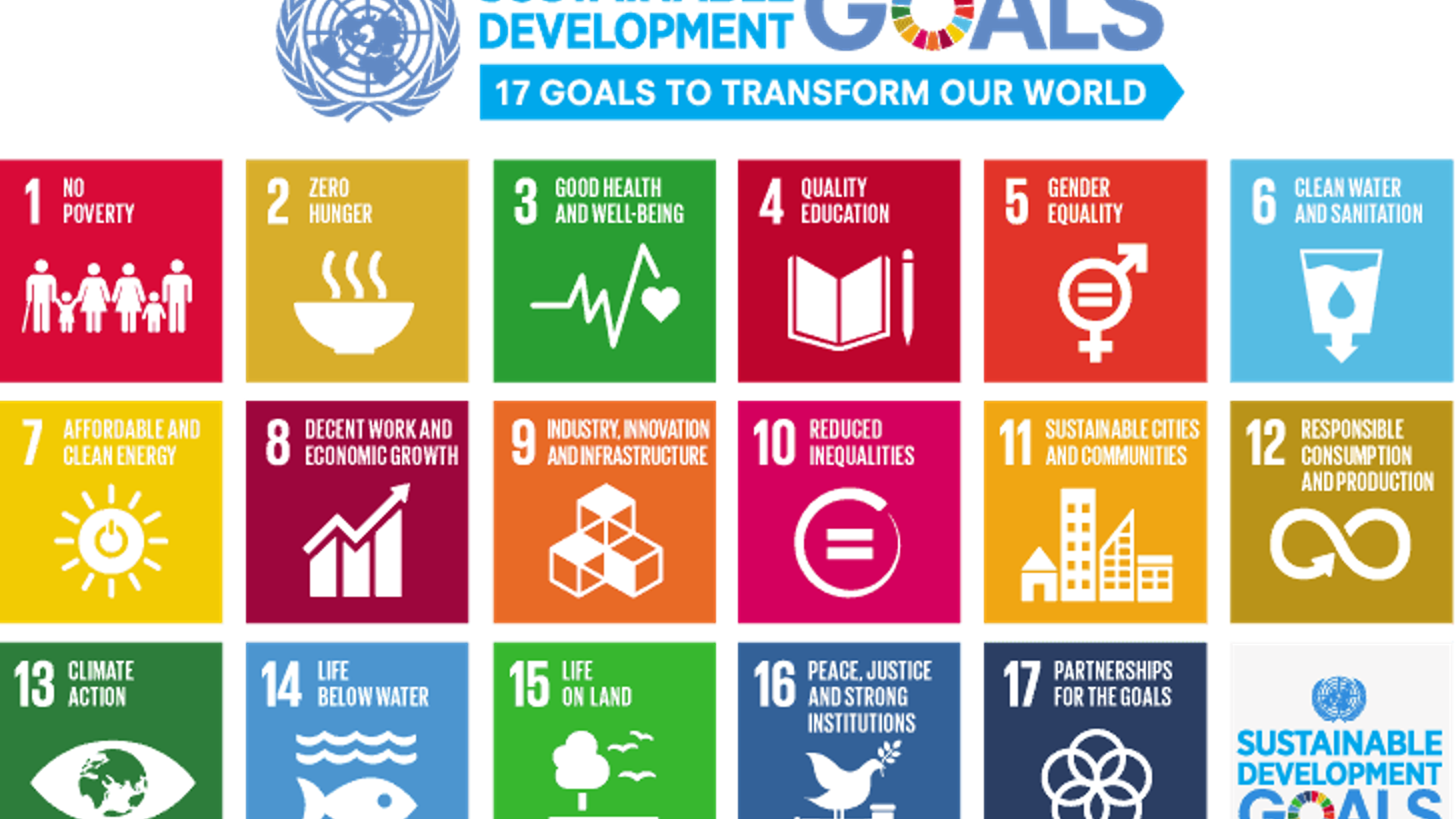
- Sustainable development goals 2015:
- Nurses roles to support these goals
- Impacted wherever we are in the world
- Article by mary: health and wellbeing and reduced inequalities
- Health priorities:
- Accelerating progress
- Advancing sexual & reproductive health and rights
- Important for supporting sustainable development goals.
- Reducing the burden of NCDs (non communicable disease) and risk factors
- Improving mental health
- Still are not resolved.
- Clean water and sanitization.
- Some Indigenous communities have been boiling water for 26 years
- Health is NOT the same for everyone:
- Good Health & Well-being:
- Defining health
- Health is political
- Power, privilege and oppression
- inequities perpetuated towards equity seeking groups
- Good Health & Well-being:
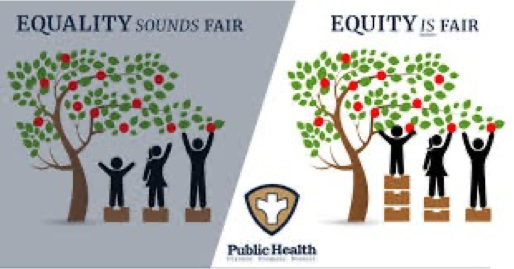
- Healthy equity:
- Advancing health equity is one of the single most important investments in health (CIHR, 2021) *canadian institute for health research*
- Equity lens means: get services when you need them, access to healthcare.
- Equality means giving everyone the amount they need to be equal, not the same amount as everyone else
- Crucial role of nurses & midwives:
- Key training areas:
- Sexual, reproductive, maternal, newborn, child and adolescent health
- (birth control)
- Race, gender, ethnicity
- Lucinda's house
- baby showers for mothers who may not have services or supports.
- Because of issues around race and gender
- Noncommunicable diseases and mental health
- Family health teams
- Human immunodeficiency virus (HIV)
- Nurses are the ones who are recognizing and bringing awareness.
- Malaria
- Tuberculosis
- Seeing it more in northern regions
- Higher in people in inadequate housing.
- Resurgence
- Sexual, reproductive, maternal, newborn, child and adolescent health
- Key training areas:
- To think about:
- Strengthening nursing and midwifery research, education & practice
- Effective universal health coverage and evidence-based practice
- Comes up in ICN documents
- Facilitating the use of research evidence and evidence-based practice
- Planetary health:
- Wildfire in colorado:
- moving into urban area
- Hospital was impacted
- Nurses were watching and wondering how they would evacuate their patients.
- Nurses have to think about both individuals and evacuations
- Prompting to consider our roles
- Shifting to sustainable methods of providing healthcare services.
- Wildfire in colorado:
- Think global/ act local:
- Trent ad campaign: challenge the way you think
- Thinking about issues differently
- Lots of terms and knowledge incorrect in the textbooks when looking at it from an equity lens.
- Representations of Indigenous health aren't true. Not everyone uses the medicine wheel.
- Ask questions when you are working and how they go on to impact health.
- Trent ad campaign: challenge the way you think
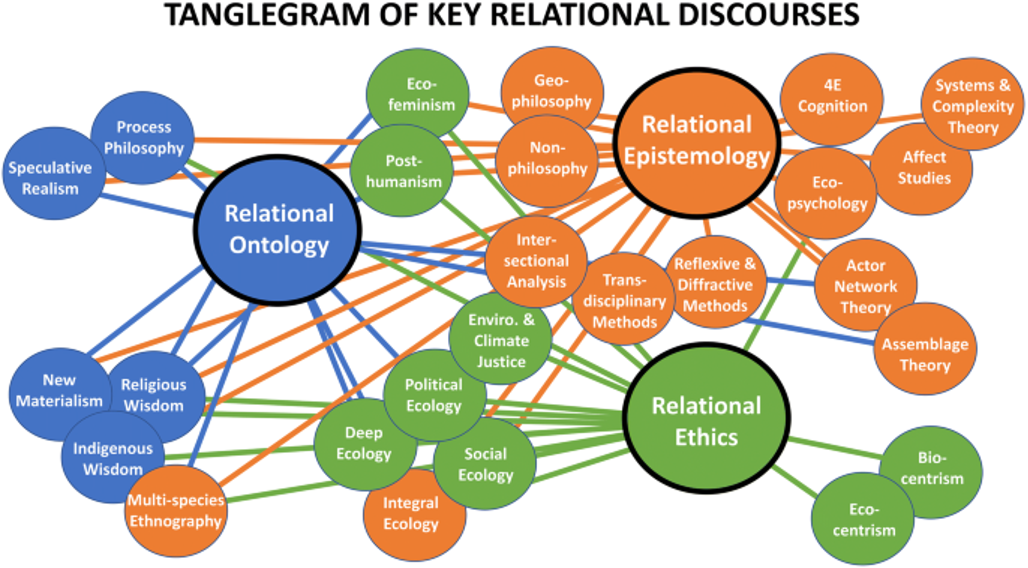
- Relational practice:
- Making connections is key
- Also need to understand relational ethics
- Assumption that all connections are relational in some way
- Support concepts of health equity for nurses
- Ongoing practice.
- 3D printers to print off stethoscopes.
- Thinking globally, acting locally.
- Doing things for the right reasons, not your own reasons.
- Moving forward:
- Nurses need skill such as critical thinking, advocacy, and reflection to engage in transformative action
Nurses as champion of reducing inequalities - Think about your own role in global perspectives on health
- Nurses need skill such as critical thinking, advocacy, and reflection to engage in transformative action